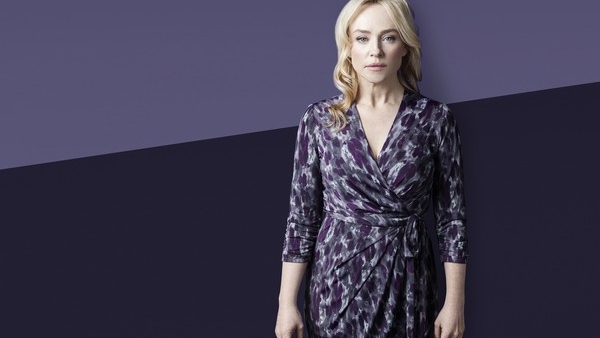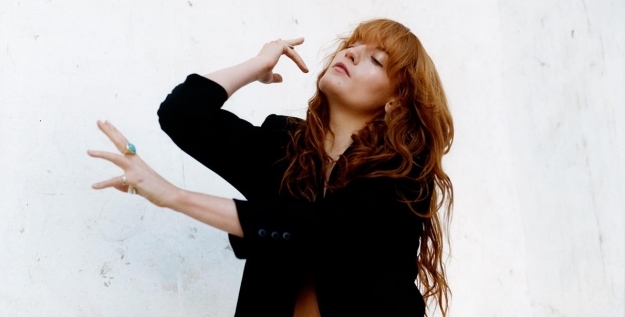The show is set in a time where military rule is over and the new democracy looks towards a brighter future. But for victims of the old regime, such as Paulina Salas, memories are a prison. Through months of pain and degradation she never saw her tormentor’s face, but she heard his voice, calm yet menacing in her ear, a voice she will never forget. When her husband Gerardo invites a stranger back to their isolated beach house, she hears that voice again.
When speaking with Mouzakis about the show, he explains that the show is set just after a dictatorship has ended in an unnamed country and about the return to democracy. “There are a couple of different aspects to the show. Notably there’s the political aspect of it in that it’s a play about reconciliation and how we reconcile with the past as a society and as people. The personal comes into the story wherein I play Gerardo Escobar who’s been appointed to a commission to investigate crimes against human rights violations against my wife Paulina. The show takes place in one night at our beach house with a guest who may or may not be a person that was involved with some crimes of the past against my wife.” For Mouzakis, the show has quite a complex, yet deceptively simple premise where the political, the psychological and the emotional all come together – “It’s basically about the past coming back, the inescapable past that we must deal with as a country and as people.”
Mouzakis was introduced to Càceres when working on The Cherry Orchard and when the opportunity came along to work with her, there was no way he was going to pass it up. “I got a call about Death and the Maiden and I was like ‘wow’. Leticia is originally from Argentina, which is a country that also dealt with a military dictatorship, so she had first hand, in terms of her family, experienced a lot of that stuff and it was very personal for her. I just couldn’t think of a director better suited to take this play on, so I feel very grateful and honoured and privileged that I’ve been invited along. You feel a lot of debt and responsibility not just to the play but to the fact that we want to do this justice because we’re representing real people.” Càceres herself comments that “I regard Death and the Maiden as part of my heritage, part of a dark past shared not only by a number of South American countries such as my homeland Argentina, but over and over again in so many places around the world. I am honoured to demonstrate why this play is so powerful, and remains so tremendously important.”
Despite the dark nature of the show, Mouzakis has had a great time working with the cast and crew. “The play deals with some really grueling, gruesome stuff – well gruesome events definitely – so some of it is quite harrowing in terms of rehearsal. But at the same time, as a company of people, we’ve had a great time, one of the best I’ve ever had. We’ve been having a really enjoyable time as artists, even though the work has been so really full on. There’ve been a lot of laughs and quite a bit of tears as well.”
For a show that was written over 20 years ago, the stories told in Death and the Maiden are still unfortunately relevant today. Dorfman himself said in 2011 “It happened yesterday but it could well be today…I can’t help but ask if 20 years from now I will be writing this phrase all over again: this story happened yesterday, but it could well be today.” Mouzakis also believes that the show is relevant as ever, especially as there is nothing in the story to limit it to a certain time or place. For him, the play asks “what is justice, what is appropriate, what is the difference between justice and revenge, how do we let go and forgive and move on as people and as a collective? How does that happen in the face of horror? Outside of that, the real great challenge of this play is that it’s got a real visceral, happening in the moment thing about it – we wonder did he do it? Didn’t he do it? What are they going to do now? What’s right, what’s wrong, what’s the right or wrong thing to do? The hope is that it places the audience in a place where they think not just ‘oh god, what’s going to happen next’ but ‘what would I do’? I think it’s a very exciting play and it gets to the point and it punches really hard, really quickly.”
BY MYF CLARK

